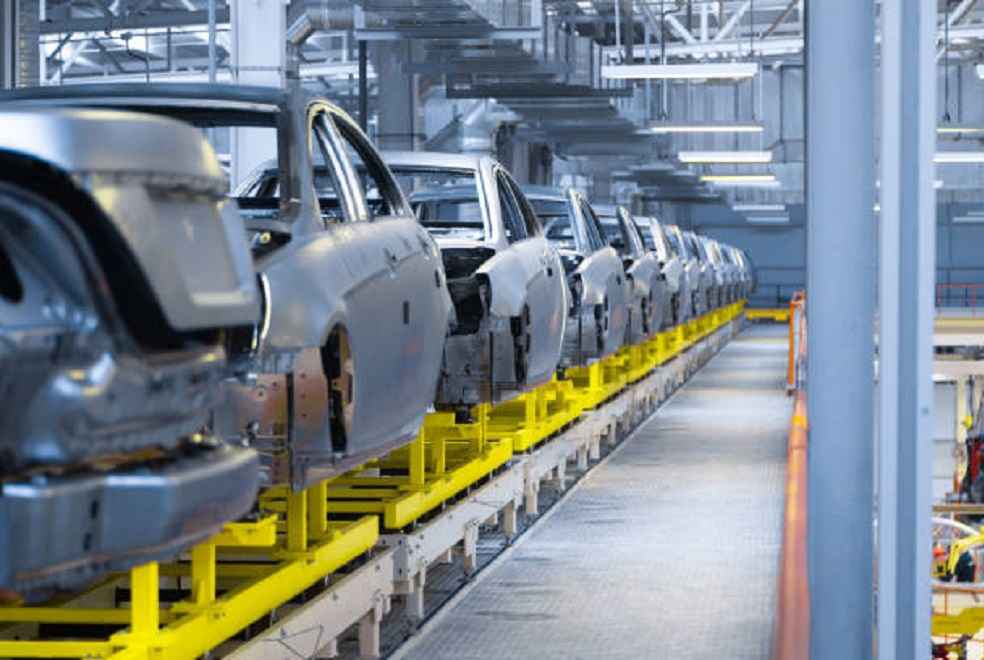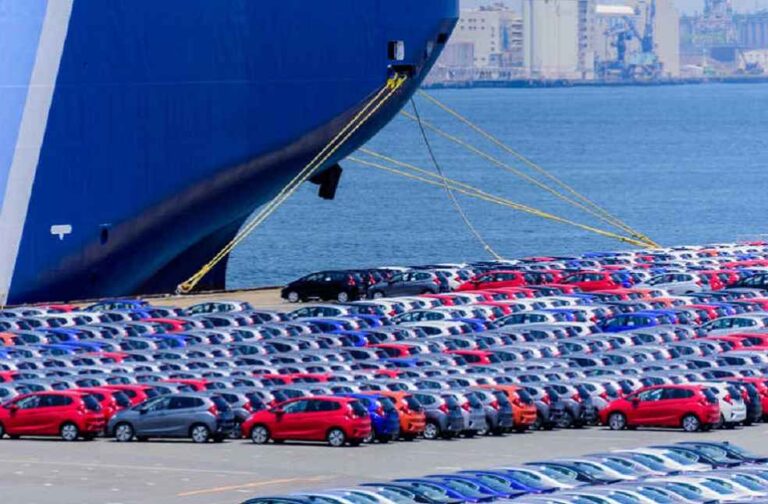President Donald Trump’s administration is reportedly planning to ease the burden of automotive tariffs by reducing duties on foreign parts used in domestically produced vehicles and preventing additional tariffs on imported cars from overlapping.
Trump has decided to relax specific tariffs on automakers, signaling a departure from his earlier hardline approach intended to promote U.S. manufacturing jobs and augment government revenue. The official declaration is scheduled for Tuesday, coinciding with a Michigan rally celebrating Trump’s 100 days in office.

Commerce Secretary Howard Lutnick emphasized that President Trump is fostering a strong partnership with domestic automakers and American workers. He described the deal as a significant achievement for the administration’s trade policy, as it rewards companies that manufacture locally while offering support to automakers dedicated to investing in the U.S. and expanding domestic operations.
The 25% tariffs on imported vehicles and auto parts will remain unchanged. However, it will be adjusted to prevent overlapping with other tariffs, such as those on steel and aluminum. Furthermore, automakers will also be exempt from paying tariffs on these metals, which are essential in vehicle production, in addition to the tariffs on cars and parts.

As reported by The Wall Street Journal, automakers will receive partial reimbursement for tariffs on imported components. The reimbursement will cover up to 3.75% of a new car’s value in the first year but will gradually phase out over two years.
Trump implemented 25% tariffs on steel and aluminum imports last month, which negatively impacted the auto industry. This was followed by a 25% tariff on imported vehicles later.
Ahead of Trump’s visit to Michigan, major automakers and suppliers anticipate relief from auto tariffs. Last week, a coalition of U.S. auto industry groups appealed to Trump to reconsider the planned 25% tariffs on imported auto parts, citing concerns over adverse effects on vehicle sales and pricing.
DON’T MISS IT | S.Korea Exports Decline as Trade Tensions Weigh on Growth



